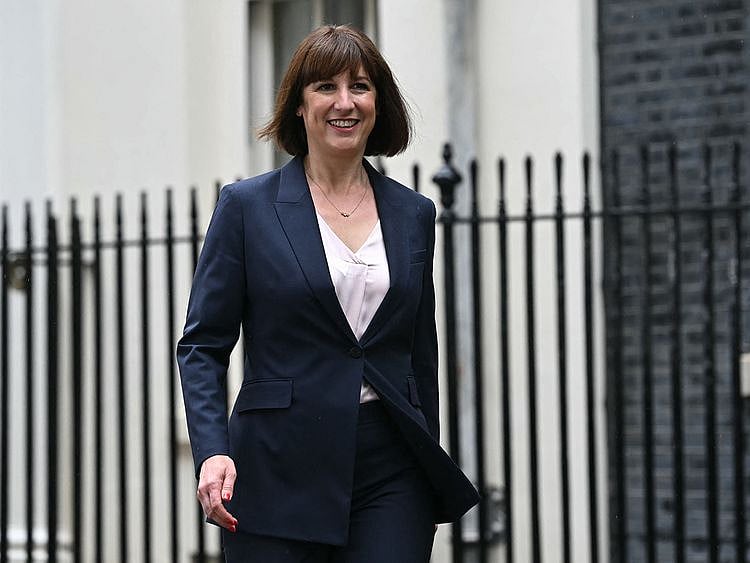UK weighs 20 per cent exit tax on wealthy emigrants
The measure could generate around £2 billion in additional revenue

Dubai: The British government is considering imposing a 20 per cent “exit tax” on the assets of wealthy individuals who relocate abroad, in a move aimed at preventing tax avoidance and shoring up the country’s public finances ahead of a high-stakes Budget later this month.
According to reports in The Times, Chancellor Rachel Reeves is weighing a new “settling-up charge” that would apply to unrealised gains on business and investment assets left in the United Kingdom by high-net-worth emigrants.
The measure, which could generate around £2 billion (Dh9.6 billion) in additional revenue, would bring Britain in line with other G7 nations, which, except Italy, already operate similar exit-tax systems.
At present, individuals who move overseas can sell their UK-based assets after leaving the country without paying capital gains tax (CGT), normally charged at 20 per cent.
Under the proposed reform, emigrants would be deemed to have disposed of their assets upon departure and would be required to pay CGT on any gains accrued while resident in Britain.
Payment could be deferred for several years to ease liquidity pressures, Treasury officials told the newspaper.
Economists say the plan underscores the government’s need to fill a multibillion-pound hole in the nation’s finances amid slower growth and higher borrowing.
Analysts at Capital Economics estimated Reeves could raise as much as £38 billion in new taxes this fiscal year, on top of the £41.5 billion collected last year, making her the most aggressive tax-raising chancellor in nearly five decades.
But the proposal has drawn sharp criticism from opposition figures. Robert Jenrick, the Shadow Justice Secretary, described the plan as a “crazy idea” that would “see wealth and wealth creators sprint for the door,” arguing that Britain “needs more entrepreneurs, not fewer.”
The plan comes amid mounting evidence of a wealth exodus. The Henley Private Wealth Migration Report projects that about 16,500 millionaires will leave the UK in 2025, twice as many as in China and ten times the number expected to depart Russia, citing tax uncertainty and waning confidence in the British economy.
James Smith, research director at the Resolution Foundation, said the Treasury has precedent for such a levy but warned that “if it isn’t introduced immediately, it could trigger capital flight.”
He added that a “settling-up” charge would ensure that “gains made in Britain are taxed in Britain, even if the individual moves to a low-tax jurisdiction.”
Tax experts note that Brexit has made such a policy more feasible, as European Union rules on freedom of movement previously limited the UK’s ability to impose exit taxes. “Those restrictions no longer apply,” said Professor Andy Summers of the Centre for Analysis of Taxation. “The UK could now follow the models used in Australia, Canada, and several EU countries.”
The Treasury has declined to comment on specific Budget measures but said it remains “committed to ensuring fairness in the tax system while maintaining the UK’s competitiveness as a place to invest and do business.”
Network Links
GN StoreDownload our app
© Al Nisr Publishing LLC 2026. All rights reserved.